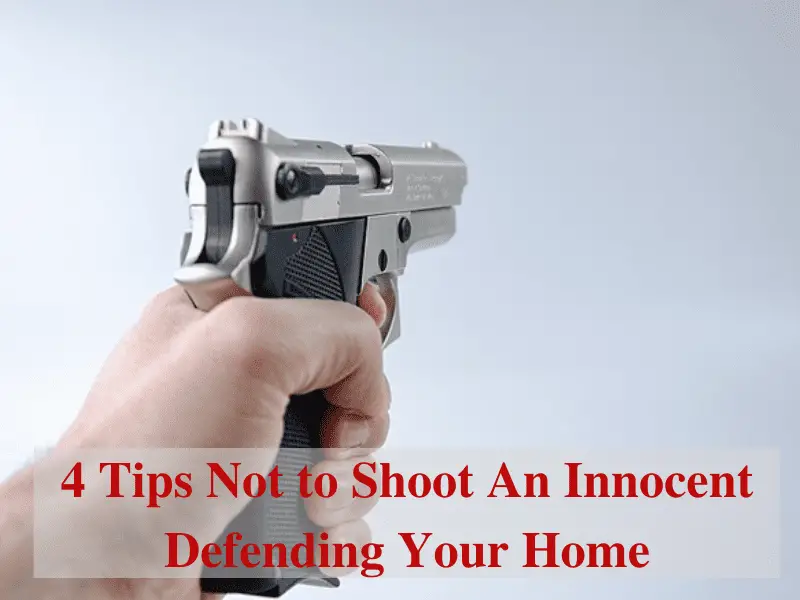If you plan to own a gun for self-defense, then you should know how and when to use it.
First and foremost, avoiding confrontation is the best way to prevent violence. Your gun should only be used as a last resort and that is to protect innocent lives. It should never be used as a tool to solve minor arguments.
As a responsible gun owner, you should have the legal knowledge, awareness, and training on how to address high-pressure mental stressors to avoid any accidents with your firearms. In the case of self-defense, how and when can you shoot?
This question may not have immediate answers. When you choose to use your gun defensively, the true question is how can you convince the authorities that your actions are justified?
Below, we have summarized the factors for a legitimate self-defense shooting and some tips not to shoot an innocent while defending your home.
When to Shoot In Self-Defense
A woman was asleep at night when she heard someone enter her house. Thinking that there was an intruder, she quickly reached for a gun and fired a single shot. Later, she discovered that the person she thought was an intruder was actually her daughter. Emergency medical crews came and tried to save her, but she died at the hospital from her injuries.
It’s a horrific story but every gun owner needs to hear it to avoid accidents like this.
Even if you’ve been attacked by an actual intruder, it may not always be justifiable to shoot immediately.
As mentioned, there is no clear answer about when is it right to shoot since it will greatly depend on the laws of your state. However, when situations occur where you need to pull the trigger to protect your loved ones, you will have to prove it later to the court and convince an attorney that your actions are justified. Using a reasonable person test if the case goes to trial, the attorney will try to convince 12 people from the jury that your actions were excessive, reckless or unnecessary and are therefore not justified.
Juries can have varying opinions about guns so there’s no guarantee that it will always favor you in case you’ve used your gun for self-defense.
4 Factors To A Legitimate Self-Defense Shooting

Most of the time, it is important to prove that you’re not the initial aggressor or the continued aggressor to avoid criminal charges. For example, if you started a fight with someone that ended up with you pulling the trigger, then you can face criminal charges. If someone started a fight with you first and then later retreated but you went after him and used a weapon, then you could still be put in jail.
In order for you to increase your chances of avoiding criminal charges, the following factors must be present to truly call the self-defense shooting legitimate. Again, the application VARIES GREATLY depending on where you live, and we strongly encourage you to seek local resources and training in legitimate cases of defensive gun use.
Opportunity
Shoot only when you think that the attacker has an opportunity to inflict serious harm to you. The most common factor to consider is the distance between you and your attacker. If he has a knife but is more than a few yards away from you, then you have the opportunity to avoid or run away from him. If he has a gun, then he can inflict serious damage to you at any range and may be considered an immediate threat. These are just some of the example situations that you need to consider before firing your gun. Your DA will need to ask questions that will help him decide whether to file criminal charges against you or not.
Preclusion
In a trial, all the people on the jury must be convinced that you have considered all the other options and you have to shoot in order to protect your life and other innocent lives. The act to defend yourself must be proven logical or reasonable. You also need to keep in mind that some states and jurisdiction have “mandatory retreat laws” which apply to all situations except when you’ve been attacked within your own home and you’ve done all necessary efforts to abate the situation.
Manifest Intent
Your self-defense action is justified when you perceive a threat from the attacker. Most of the time, an attacker may not verbalize his intention to hurt or kill you and it greatly depends on how you perceive his actions. Based on the actions of your attacker, the 12 people on the jury can be convinced that the attacker is a threat and intended to cause serious injury to you. Even if the attacker may not have an original intention to kill you (such as carrying a fake firearm) but displays actions that may cause you to think of him as an immediate threat, you can still be justified with your self-defense action as long as it is proven to the jury.
Ability
Before you shoot for self-defense, you must determine if the attacker has the ability to cause you serious injury. Sometimes, it doesn’t always mean the attacker has a gun or knife. For example, an attacker who knows martial arts might cause you serious injury even if he has no weapons. Knowing this factor and making decisions in a split second is crucial before you can justifiably use lethal defense against your attacker.
Why it’s Important to Know Who Your Target Is
One of the most important rules to follow for gun safety is to know who your target is. The 4 factors mentioned above must be satisfied before you can apply self-defense actions. Take note that sometimes, you can mistakenly shoot the wrong person even if they don’t have the intention of hurting you. Take note of these:
Drugged/ Drunk People Breaking Into the Wrong House

Drunk people entering into the wrong house can sometimes be mistaken as an intruder. Yes, they have committed trespassing, but you shouldn’t resort to lethal force in this case. However, as mentioned above, if you believe that you perceive a threat based on their actions alone, even if they don’t have the intention to hurt you (because they’re drunk and just mistakenly thought your house was theirs), then the jury may acquit you.
Teenagers Sneaking Into Houses

Some teenagers sneak into houses for a thrill or romantic trysts even if they don’t have the intention to commit burglary or other crimes. Again, you might perceive them as home invaders even if they're not, which might cause you to act in self-defense. But as much as possible, we want to avoid incorrectly reading hostile intent into a situation where it doesn’t exist.
Ways To Prevent Shooting An Innocent
So how do we decrease the chances of shooting the wrong person (even if they look like a bad guy but they’re actually not)? Here are simple ways things you can do:
Tip #1: Install An Alarm System
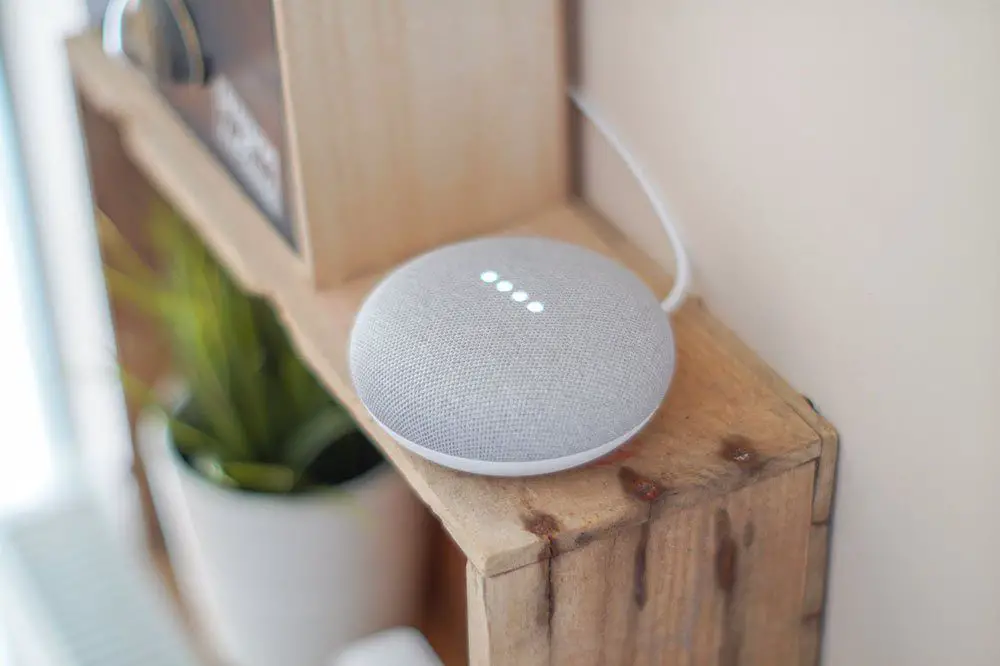
An alarm system is one of the many things you can add to increase your home security. Placing an alarm system will scare off potential intruders and would make it harder for them to penetrate your home.
Plus, it gives a clear warning to intruders that they have been detected and, if it’s a mistaken entry, that it’s not their home!
Tip #2: Add outdoor security cameras
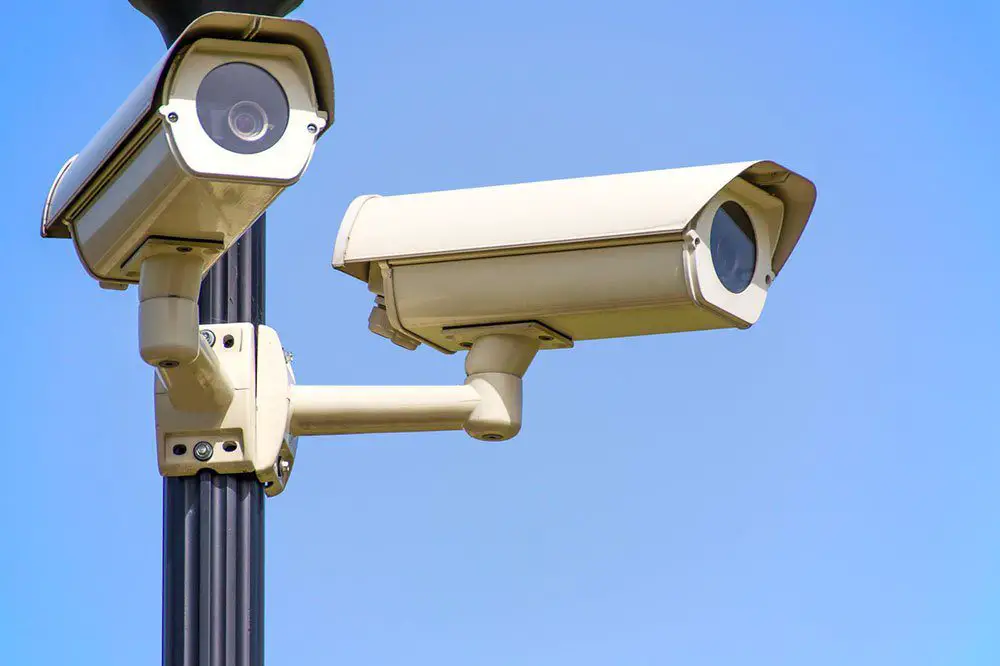
Security cameras are another great addition that can give you extra awareness of the situation before someone breaks into your home. Instead of trying to assess someone’s identity through a closed door as you hear knocking and struggling with the door knob, imagine being able to pull up a video feed to determine who it is and get clues to their intentions by looking for weapons or accomplices.
Tip #3: Call Out
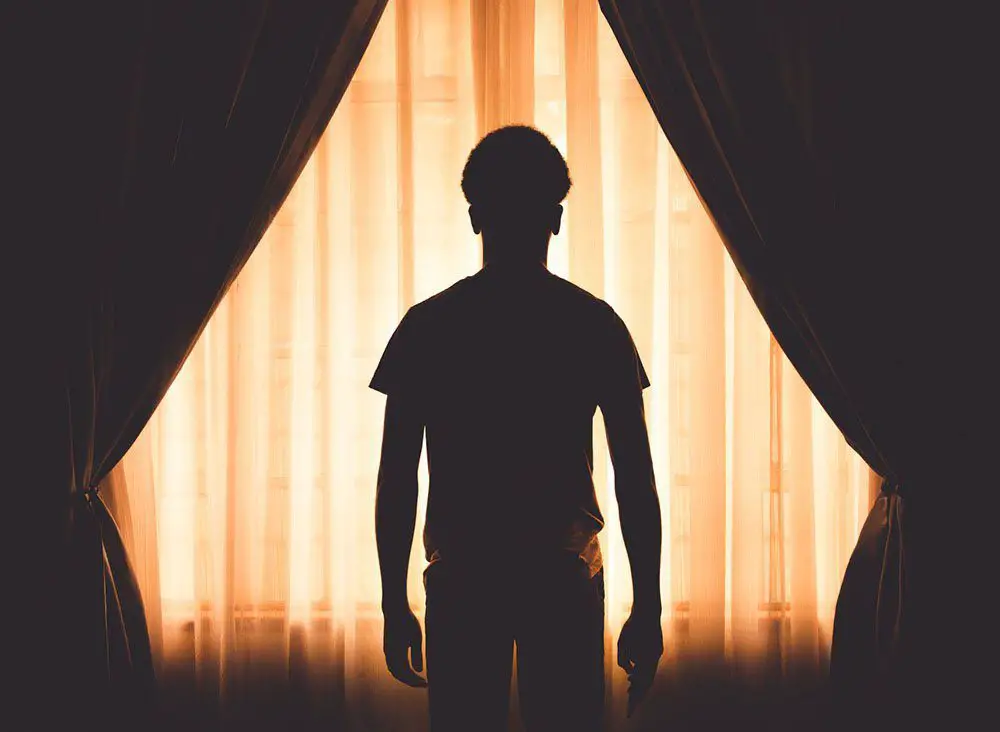
Often, the best way to determine whether there’s an invader and prevent your family members from being mistakenly ID’ed as threats is to simply call out. In the story above, the wife could have simply asked “Who’s there?” and avoided mistakenly shooting her daughter.
A drunk person who mistakenly entered your house might also respond to your inquiry. When you call out, it’s doubtful a home invader will respond and say “it’s me, the intruder”, so silence is telling too.
Also, letting your attackers know that you have a gun can make them think twice whether it’s worth committing the crime or not. To help the police investigation later on, you can call the emergency number (911 for most of you in the US) and leave the line open while you let the attackers know that you are armed.
Tip #4: Turn the Lights On
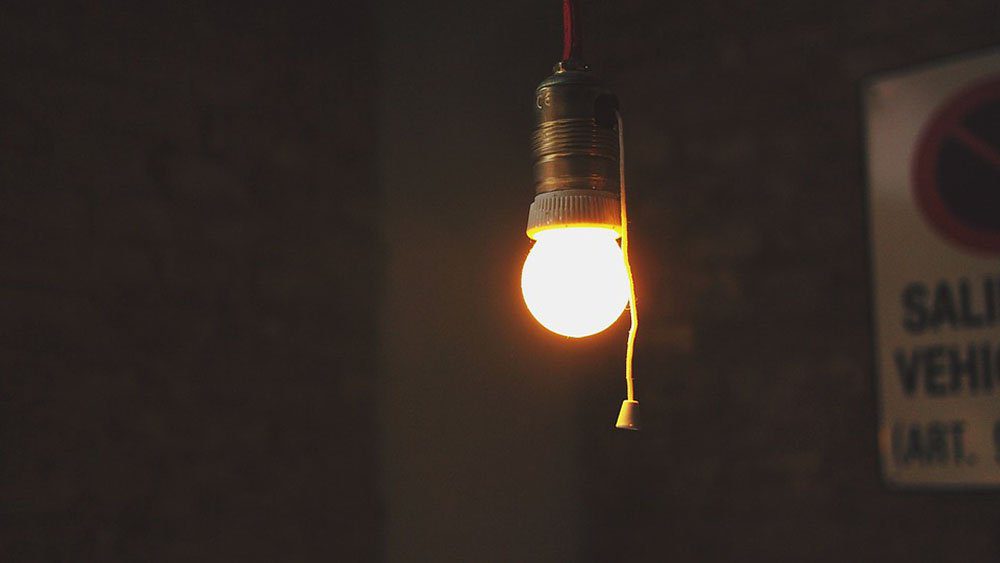
Turning the lights on when you think you’ve been invaded is important for two reasons.
First, it lets you see whether you’re about to shoot on someone who’s a threat or not.
Second, it tells your invader/ attacker that you are aware of their presence.
Again, always remember that you should always be in defense mode (wait for the invader to attack) and should you pull the trigger, it must be proven to the jury that you’ve done all that you can to avoid the threat.
Of course, that doesn’t apply to states with castle doctrine laws or in cases where you must move towards an intruder in order to protect other innocents in the house.
Wrapping It Up
Owning a gun requires a lot of responsibilities and should be preceded by adequate training. One of the many crucial things to know is when to shoot and to know when it is right to shoot. Even if you’re simply defending your home, shooting someone who’s a threat may not always save you from criminal charges! It will greatly depend on your jurisdiction and state laws. A responsible gun owner should be knowledgeable about their state laws, trained to make wise decisions during stressful situations, and fully aware when it is right to shoot.
If you're looking for the best home defense guns to protect your loved ones, go ahead and check our separate post.
If you have other suggestions or tips, please share them in the comments section below.
Hi, I’m Christy, and I’m an electronics engineer by profession. I have taught in a university for 2 years while pursuing my master’s degree in cognitive radio and worked for a company to develop wireless medical devices. Currently, I’m doing research for a doctorate degree in engineering using a wireless sensor network for smart agriculture. I’ve been active in our local IoT community, IoT Cebu, where I participate in conducting talks about Arduino, Raspberry Pi, and DIY home automation using Wi-Fi and ZigBee devices.
